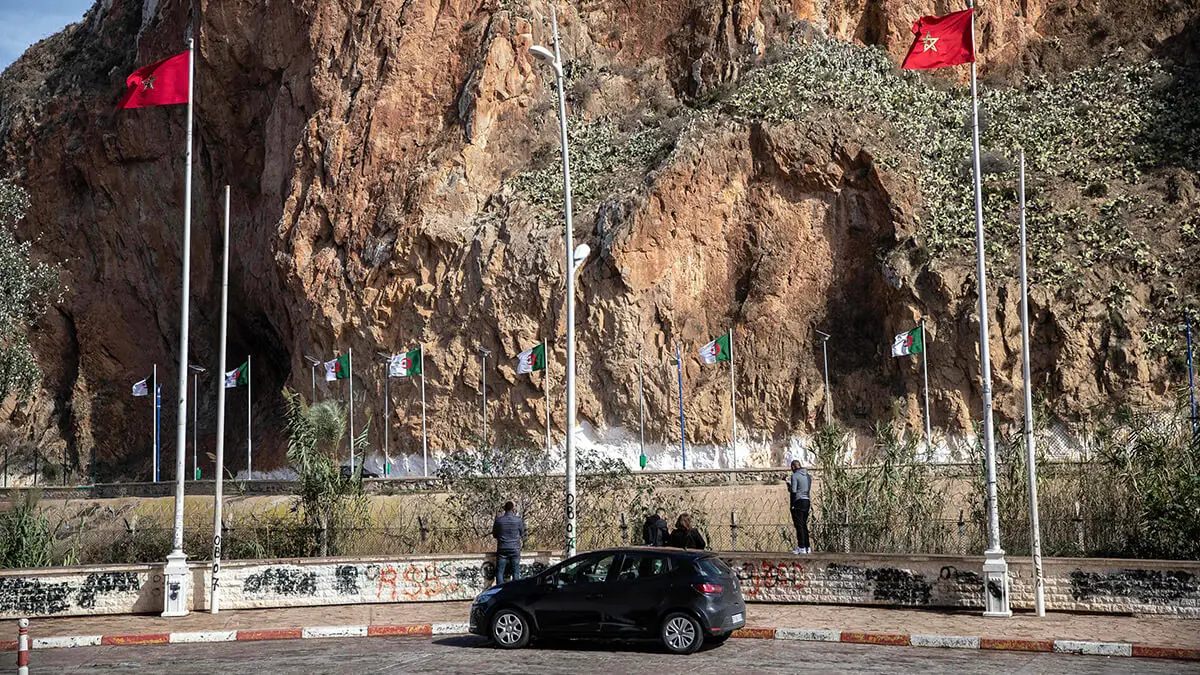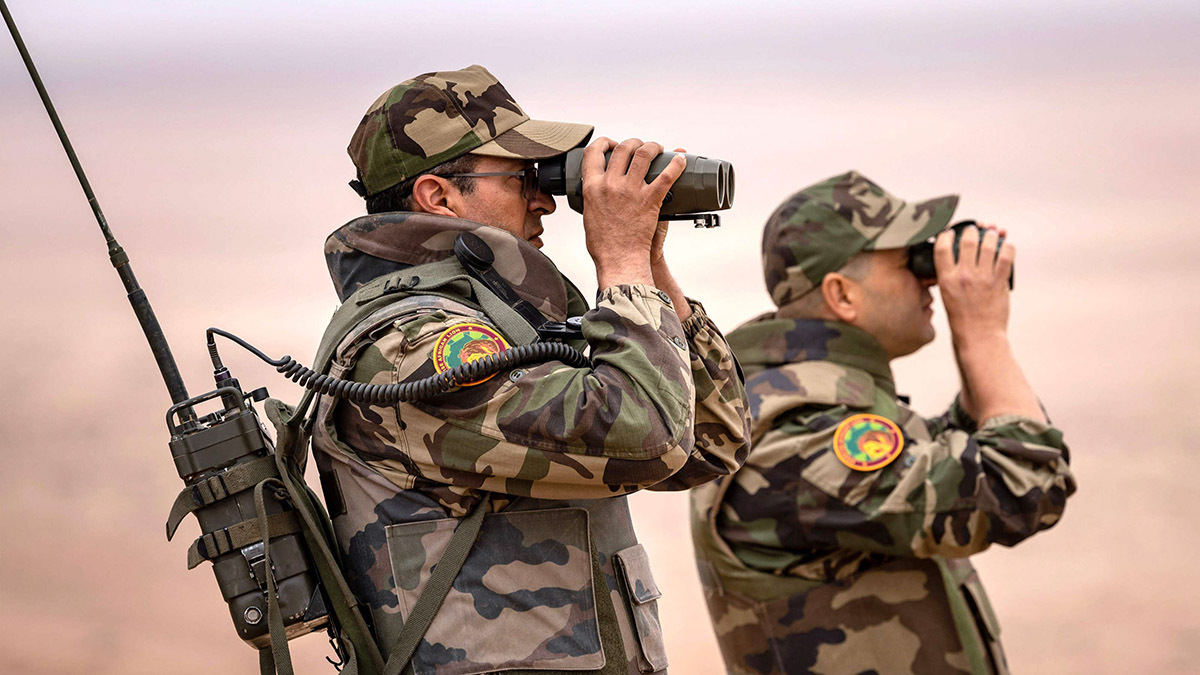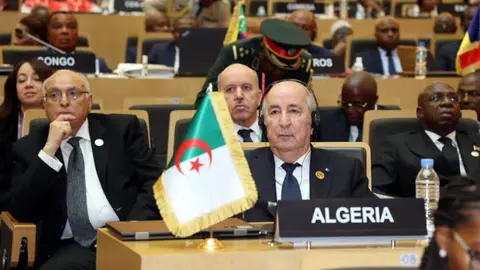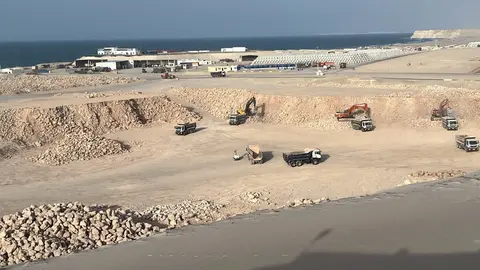Growing tension between Morocco and Algeria

A recent report published by Oxford Analytica has highlighted the growing tensions between Morocco and Algeria, two neighbouring nations whose political approaches are increasingly divergent. While Morocco has opted for the path of development and stability, Algeria seems to be wobbling on a strategy of confrontation that seeks to cover up its internal crises.
According to the report, Morocco has reiterated its willingness to cooperate and engage in constructive dialogue with its eastern neighbour, but Algeria's hostile policies and its unconditional support for the Polisario Front have kept relations in a state of constant tension. The relative stability between the two countries is mainly sustained by self-restraint, as open warfare would have unpredictable and catastrophic consequences for both nations.
The report warns of the possibility of a military escalation in Western Sahara following the collapse of the ceasefire in November 2020, pointing directly to Polisario and its supporters in Algeria as responsible for perpetuating tensions by adopting violence, instead of adhering to international solutions.
In military terms, although the Algerian army outnumbers and outspends its Moroccan counterpart, Morocco has achieved a qualitative and technological advantage thanks to the modernisation of its arsenal in collaboration with the United States and Israel. The report highlights Moroccan advances in key areas such as electronic warfare, drones and air defence systems, which have strengthened its strategic position.

The role of the United States is also emphasised as a key factor in the balance of power between the two countries. The possible return of Donald Trump could further strengthen Morocco's position, especially after the US recognition of Morocco's sovereignty over the Sahara in 2020. Furthermore, the appointment of Marco Rubio as Secretary of State could consolidate this support, given his well-known backing of Morocco and his criticism of the Algerian alliance with Russia.
In an attempt to redress the balance, Algeria has sought to cosy up to Washington by signing new security agreements. However, these initiatives clash with the contradictions of its foreign policy, which remains closely linked to Moscow and maintains its support for the Polisario, weakening its options as a reliable strategic partner for the West.

The report concludes that Morocco continues to strengthen its position on the international stage thanks to its pragmatic policies and its stability, while Algeria is increasingly isolated due to its confrontational approach. With time playing in its favour, Morocco is focusing on development and effective diplomacy, leaving Algeria trapped in a strategy that is eroding its regional and international position.










